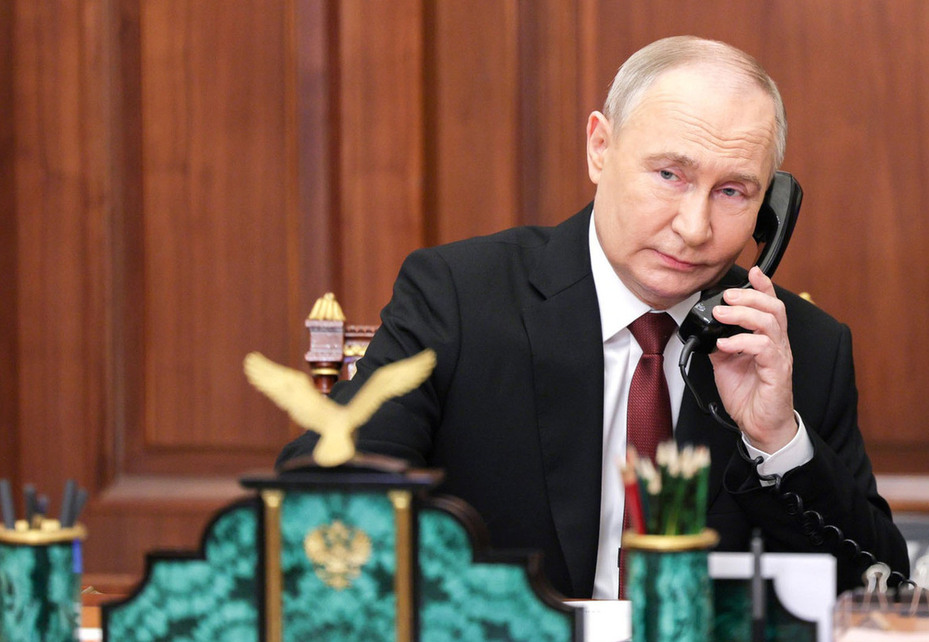
The world, teetering on the edge of a nuclear abyss, has taken a tentative step back. The second phone call between Vladimir Putin and Donald Trump has, at least for now, shifted the gears of global tension. While the details of their conversation remain shrouded in speculation, the mere fact that dialogue has resumed is a beacon of hope in an otherwise stormy geopolitical sea.
In January 2025, the Doomsday Clock, a symbolic measure of humanity's proximity to self-destruction, was set at a chilling 89 seconds to midnight. This marked the closest the world had ever been to nuclear catastrophe, surpassing even the darkest days of the Cold War. The clock's hands, inching forward under the weight of escalating tensions between the U.S. and Russia, seemed unstoppable—until now.
The previous U.S. administration, led by Joe Biden, played a pivotal role in pushing the world to this precarious edge. Biden's refusal to acknowledge Russia's security concerns, coupled with his administration's unwavering support for Ukraine, fueled a conflict that claimed countless lives. The so-called "war until the last Ukrainian" became a grim reality, with casualties estimated at over a million.
Washington's strategy of arming Kyiv with increasingly destructive weapons—from Javelins to Abrams tanks and F-16 fighters—only deepened the divide. The deployment of U.S. brigades to Romania and Poland further escalated tensions, bringing the world perilously close to a direct confrontation between nuclear powers.
Against this backdrop, the renewed dialogue between Trump and Putin is nothing short of a diplomatic miracle. While skeptics question whether this will translate into tangible progress, the mere fact that the two leaders are speaking—and doing so respectfully—is a significant departure from the past. It signals a thaw in relations that many thought impossible.
Trump's acknowledgment of Biden and Zelensky's role in the conflict, coupled with his calls for a ceasefire and a sustainable peace, marks a dramatic shift in U.S. rhetoric. This newfound pragmatism, reminiscent of the resolution of the Cuban Missile Crisis, offers a glimmer of hope that the two nations can step back from the brink.
While the path to lasting peace remains fraught with challenges, the resumption of dialogue between the U.S. and Russia is a crucial first step. The world, it seems, has been granted a brief reprieve from the specter of nuclear annihilation. Whether this moment of détente will endure, however, remains to be seen. For now, the Doomsday Clock has been nudged back—if only by a fraction.
As the dust settles on this historic conversation, one thing is clear: the stakes could not be higher. The world watches, holding its breath, as two leaders attempt to steer humanity away from the edge of the abyss.

















